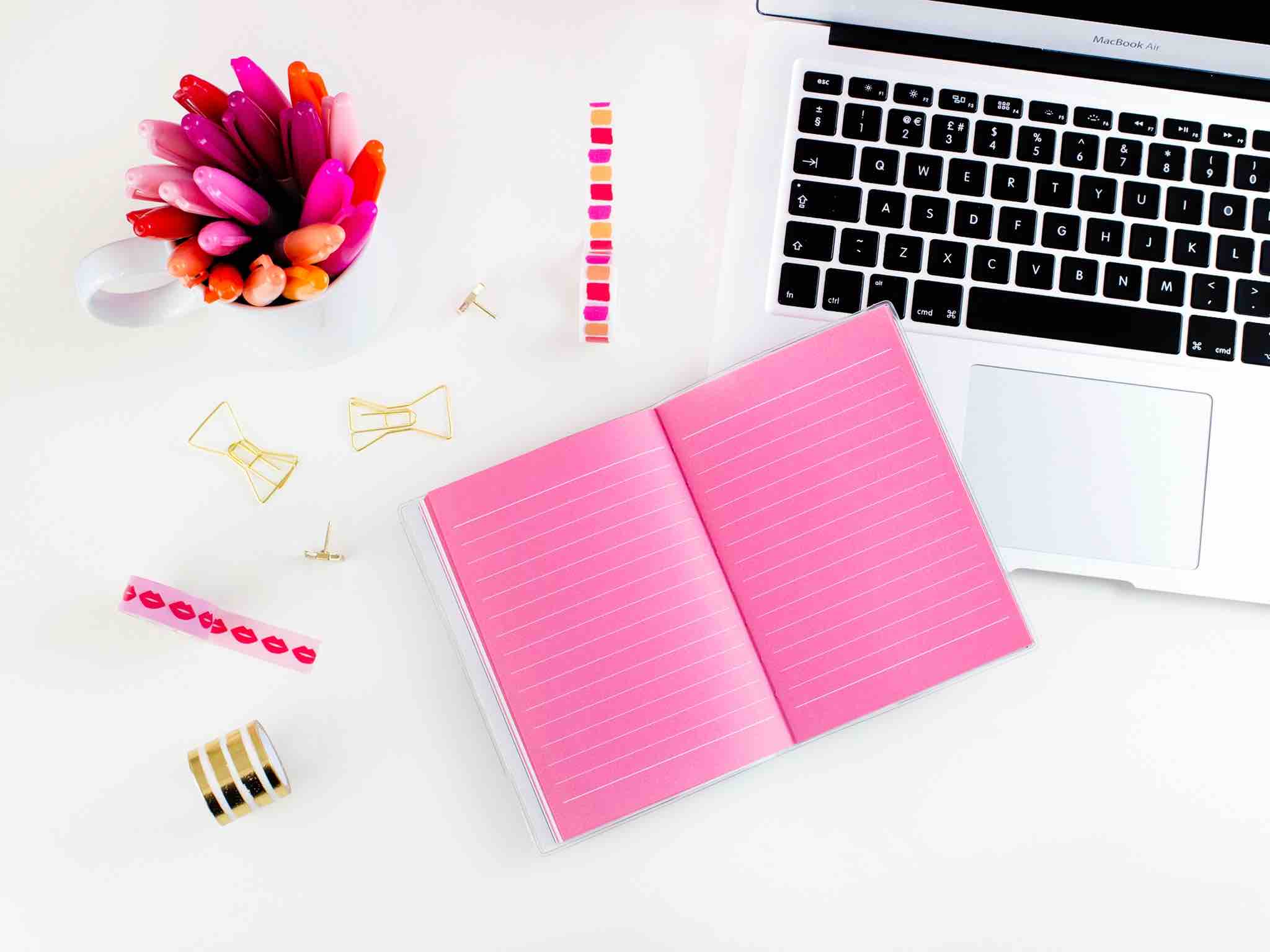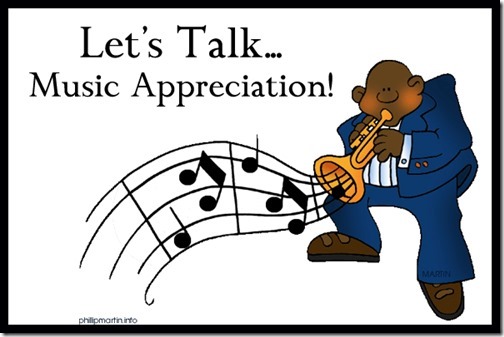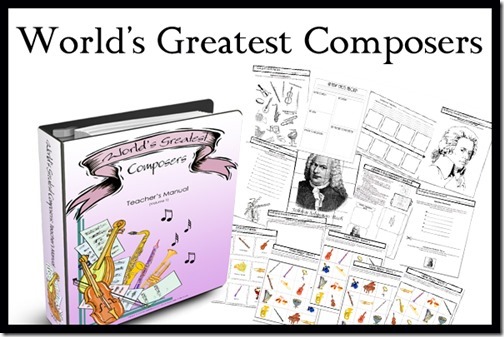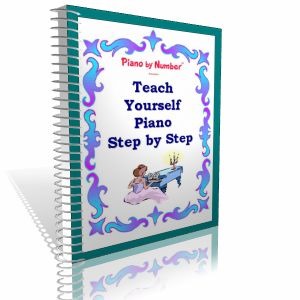Good morning all! Welcome to another homeschool curriculum forum. Today we’ll be discussing music curriculum!
Music has two parts as far as we are concerned. The first part I like to call “Music Appreciation”. To us that means studying famous composers and learning to listen to music critically. The second part encompasses actual music lessons whereby our children are learning to play instruments.
MUSIC APPRECIATION:
The goal behind the World’s Greatest Composers curriculum is to immerse students in the work of each composer so that they are well familiar with their style, methods and music. Much of your time studying will be through open discussion with students and listening to compositions. Upon completion of this curriculum, your student should be able to easily recognize the pieces from each composer studied. They will also have learned several different styles of music, vocabulary, as well as have gained an appreciation for music in general.
What is included in the study?
For each day of listening there is an activity for students to complete while listening. This will help them focus on the music, and think critically about what they are hearing. By the end of the study, your student will have a completed composers notebook along with an orchestra and music lap book.
- Introduction to Orchestra
- Johann Sebastian Bach
- George Handel
- Wolfgang Amadeus Mozart
- Ludwig Van Beethoven
- Frederic Chopin
- Peter Tchaikovsky
- Igor Stravinsky
- George Gershwin
- Composer Reports
- Instrument Word Scrambles
- Music Bingo Cards
Each composer unit has 10 lessons, I suggest scheduling 2-3 days per week for the composers study. The curriculum will take 1 full year to complete at this pace. However, the lessons can be easily adapted to fit your schedule as well.
Pros:
- Very hands on
- Lots of listening examples so students can really get a good feel for the various composers
- Fun activities to help music make sense and promote critical thinking skills
- Includes items to complete a composers lapbook for each student.
- Great price!
Cons:
- Hmm…I made this so right now I can’t think of any, but if anyone has suggests on improving the curriculum I’d love to hear them!
Another music appreciation type curriculum we like are the Maestro Classics CDs. Each CD introduces children to classic music and most come with some sort of small activity booklet, or guide to help walk you through the CD. They offer a wide variety of CD lessons so you can pick and choose. Lessons come in CD or download MP3 format.
Pros:
- Great listening experience
Cons:
- Can be pricey to purchase individual CDs.
- I usually feel the need to add some type of lesson to the CDs so that is a bit of extra work on my part.
MUSIC LESSONS:
The second part of music in our homeschool involves actual hands on music lessons. Right now we are all working our way through our own Piano lessons using Piano is Easy series. We started with Teach Yourself Piano Step by Step.
We alternate piano and typing lessons, so they are doing piano about twice a week right now which is clearly not enough. I have noticed them playing here and there during off school hours which is also great. I do like these lessons and they progress through slowly, but teach actual songs as they go so students feel like they’re learning quickly.
I am happy with these books, however at some point, I do think we’ll need to move to an actual “live” piano teacher to progress further.
Pros:
- Inexpensive compared to lessons
- Can do at home, anytime of day
- Fun and engaging for students
- Once started, students can mostly do the lessons independently with just a small amount of teacher guidance.
Cons:
- So far we’re only through the first book, but I’m thinking we’ll need regular lessons at some point.
So, now comes the fun part!
What are your favorite MUSIC curriculum, resources, websites, etc? Leave a comment below discussing your choices for this year and why.
Feel free to ask questions or reply to each other too!
It’s my way of doing a forum without actually doing a forum haha!
And hopefully this will help us all as we start the process of researching curriculum, and trying to decide what will be the best fit for our homeschool.
Note: Please keep today’s conversations geared towards MUSIC, I will be posting one for each subject separately so we can keep our comments organized.
Click here if you missed my previous Homeschool Curriculum Forum posts!
Disclosure: This was not a sponsored post, I may however be affiliated with one or more products mentioned. The opinions expressed in this post were not influenced by the company. They are products I have used and felt like sharing, cuz’ it’s my blog and I can if I want to.







Hi, what year level / age is your cirriculum aimed at?
when we started Piano I found a great company called http://www.pianimals.com. We went thru 3 or 4 books before getting a piano teacher and she was so impressed with how far the kids were. Only thing missing was learning the piano scales.
We started out a couple of years ago with Music for Young Children for learning the piano. The basics were good and Monkey was willing to practice but after two years he went on a “music strike”, so we have had to change programs. This year he will be taking lessons at the local music store (piano) and we will be using “Stories of the Great Composers: Book & CD”. It is a 12 unit study and works with 12 composers their lives, influences and music. It is sold through Homeschool and More – http://www.homeschoolandmore.ca/catalogue.asp
I purchased the Greatest Composers curriculum last week and have to say I am super impressed. Downloading, printing, and organizing didn’t take too long, as a lot of it is already organized well in the download. Even though my kids are a bit older, (5th & 6th grades), it looks plenty challenging and fun. I’m really looking forward to implementing it. As far as cons, the only thing I’d mention is that there are companion books to purchase for the study. They are only about $6/ea on Amazon, but since I also purchased World’s Greatest Artists vol 1 & 2, that ends up being about $150 for all the books I will need next year. Composers alone would be around $50. Thankfully my library carries the entire World’s Greatest series, so we will probably try our luck at getting them when we need them.
Here’s what we have used to encourage music appreciation:
1. Instrument lessons – either paid or a home program. Important thing here is to USE what you buy. Having programs at home don’t work if you don’t use them. Sometimes paid lessons can help keep the motivation going in this area. I have even traded with another homeschool mom. We each taught each other’s children the instrument we knew.
2. Instruments in the home – When children are little, having a good range of instruments in the house encourages them to play with music.
3. Play Music – Whether you use CDs, ipods, or an internet streamed service, play a good variety of music while you cook, do art, clean the house, etc.
4. Take children to plays and dramas in your area.
5. Participate in church musicals and bands – many churches have programs where they can participate and learn a lot about music and instruments.
I hope these ideas help!
We have done one year of Music for Young Children and the girls are doing great. They can play many songs on the piano now. I think we will repeat with another year. It is very expensive but our teacher insists that one year is the same as 2 years private lessons because of the method of teaching. We will see what next year brings.
Music educator and stay-at-home mom here. The single most important activity that will advance a child’s music education is singing. Singing, singing, and more singing. Common simple songs like “Itsy, Bitsy Spider” and “Twinkle, Twinkle” are the best tunes to strengthen a child’s aural skills. I highly recommend John Feierabend’s resources (available on Amazon and GIA publications). There are lots of simple folk songs that we aren’t familiar with these days. The intervals that children learn to sing with these songs are then easily identifiable when learning to read music on the staff.
Feierabend also has a book called The Book of Movement Exploration (among several other fantastic books in the series). Movement is incredibly important when teaching steady beat and rhythm. Steady beat is the foundation of it all.
Learning the composers from the past is obviously very important, but a music curriculum should mostly be about doing. While it may be impressive to have kids that can spout off composers and their works (not that that is the point of your curriculum!), it’s even more impressive when children are being musical, and it’s changing who they are in such a positive and magical way.
These are the National Standards for Music Education:
1. Singing, alone and with others, a varied repertoire of music.
2. Performing on instruments, alone and with others, a varied
repertoire of music.
3. Improvising melodies, variations, and accompaniments.
4. Composing and arranging music within specified guidelines.
5. Reading and notating music.
6. Listening to, analyzing, and describing music.
7. Evaluating music and music performances.
8. Understanding relationships between music, the other arts, and
disciplines outside the arts.
9. Understanding music in relation to history and culture.
As a fellow music educator I cannot agree more! If you have preschoolers and want a good introduction to music for them, skip the group classes, textbooks and computer programs. Take either guitar or piano lessons- just enough to learn some folk songs- and play and sing them with your kids every day.
Through singing and listening to all kind of music, kids learn all the basic skills that they’ll need to excel at music when they’re ready for private lessons. Furthermore, if music is something you do as a family, it becomes a fun pastime instead of a chore.
Group lessons are almost always a waste of time and money: a program/franchise is only as good as the teacher who teacher it. If you’re getting good lessons in a program, it is always because of the teacher, not the program. It is not necessary, and often harmful to start learning an instrument before the student has enough dexterity and a decent attention span. Some kids are ready at 5, others not until they are 8 or even 10. Most teachers running these group classes will insist that students begin playing as early as 4 years old.
Thank you so much for the suggestions. I am not a music educator, though minored in music, but I want to make “theory” a key component. I remember my elementary music class growing up was all about the singing of songs and following along reading the music. It made future piano lessons and sight reading much easier!
thank you! i was looking into group lessons so this is very helpful.
Music educator and homeschooling mom (4yo & 1yo) and I couldn’t agree more. Feierabend is awesome!! I would even venture to say Feierabend’s work goes alongside what I’ve learned about Waldorf/Steiner’s philosophies about self exploration, expression, and the unfolding of the child.
We have heard a lot of good things about Piano Wizard Academy and in fact they are offering a free online event where Music Wizard Group founder Chris Salter will discuss the following topics with regards to homeschoolers.
Why music education is important
What is Neuroplasticity
Why traditional learning methods set us up for failure
How to incorporate music into overall curriculum
Parental Involvement and support
How to be a great music teacher even if you have no musical experience
Making it fun
You can learn more about this event at the following link: http://bit.ly/1bcxFZM
Emily makes excellent comments about national standards.
I would add that gaining breath and body awareness coordinated with simultaneous listening to music (live music especially) and then making music in time and tune with other music is the true process of real music learning for a young child.
Nothing wrong with knowing names of historical figures in various cultural traditions. Nothing wrong with recognizing their work. Nothing wrong with being able to name a musical instrument on sight. Nothing wrong with knowing what printed formal music notation looks like. Knowing those things makes a child a well-informed observer of music culture.
But becoming a participant, a contributor, one with embodied understanding of rhythm, melody, and phrasing; taking an emotion or a musical idea and translating it into a sound or movement in a way that other people can relate to – that’s another thing entirely. I would say, that’s the REAL thing, baby. 😉
Any mother starting a young child in that process commits to being aware of herself as a music maker – a singer first and most simply. That means she realizes a book or prop or CD or flashcard isn’t the real teaching tool. SHE is the tool, the model of simple things like breathing before singing, listening with soft awareness, and moving with flow. Without any props at all, you as mom can be a stellar first music teacher for your child.
If you’re curious and inspired about this inside-out process, get into it here: http://bit.ly/mothertune
I am looking for a music curriculum for my 5 yr old. I don’t think kindergardener’s should learn how to play an instrument or memorize what famous composer wrote what music. I cannot read music so feel unqualified to teach someone else how to read music and play an instrument. I am looking for more of a music appreciation with lessons about rhythym, loud and soft, and other basics of music. I want him to feel something when he hears the music, not just have it as background noise during cleanup. I think he should hear songs like ‘North to Alaska’ , ‘The Battle of New Orleans”, along with some classics and folk songs. I can’t find anything even close! It’s either instrument lessons or Beetoven and Bach. I also could really use real lesson plans.